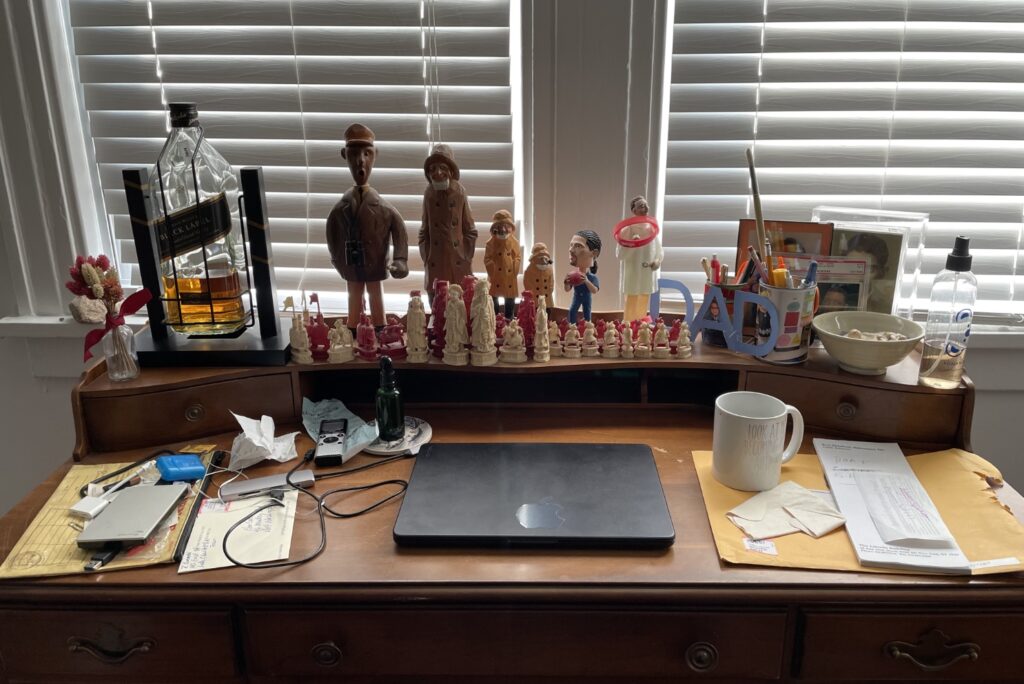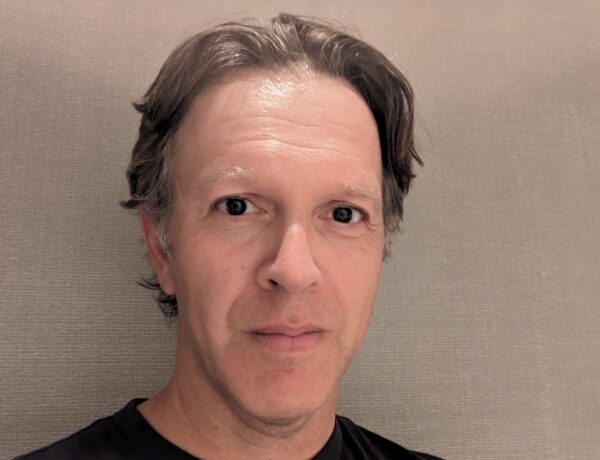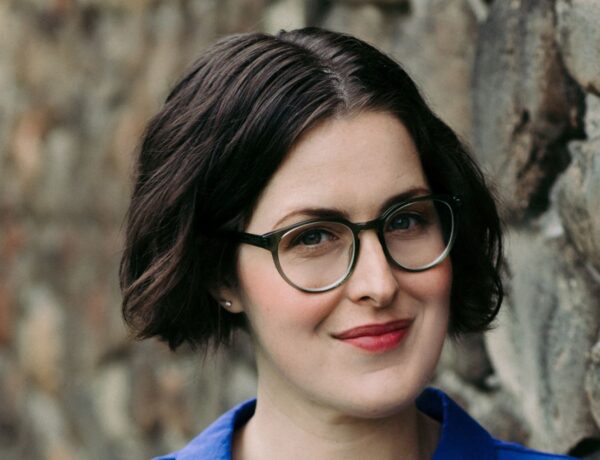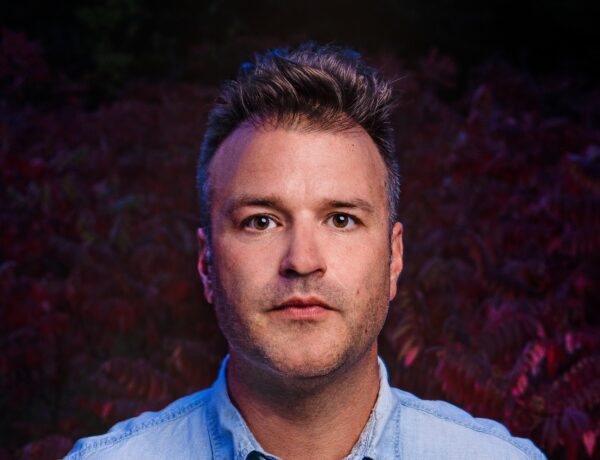Elon Green is a writer and author known for his work in true crime. He has contributed to The New York Times, The Atlantic, and The New Yorker, and his writing appears in the anthology Unspeakable Acts.
His first book, Last Call: A True Story of Love, Lust, and Murder in Queer New York, won the Edgar Award for Best Fact Crime. The book covers the case of the Last Call Killer, a serial killer who targeted the gay community in New York City in the ’80s and ’90s. The book details the killer’s crimes and the search for justice, while also presenting a picture of the community affected by the murders.
Each week, we publish a new daily writing routine from a famous author. Subscribe to our newsletter so you don’t miss out!
Hi Elon, welcome to Famous Writing Routines, great to have you here with us today! Your book Last Call: A True Story of Love, Lust, and Murder in Queer New York won the Edgar Award for Best Fact Crime. Can you tell us more about your experience writing it and the research process you went through?
The two processes – research and writing – are intertwined but also, well, not. The writing is actually pretty painless. But that’s only possible if the material is there to facilitate it. So I never stop diving into archives or interviewing sources or reading old newspapers.
As my occasional editor, Ethan Brown, told you, “The more work you do, the easier it is to write.” I spent days reading bar rags, looking through microfilm, and interviewing. And I did it right up to the point where I was told to stop.
Your work has been featured in Sarah Weinman’s anthology of true crime, Unspeakable Acts. What do you believe draws you towards writing about true crime and what makes it an intriguing subject for you?
Nothing, really. The story in Sarah’s anthology came about because I was haunted by an old music video and wondered what had happened to the children who’d made it so haunting. For me, journalism is just a way of answering my own questions, of dealing with stuff rattling around in my brain until the rattling stops.
To the extent that crimes are often the basis for compelling features or books, it’s because they generally have distinct beginnings, middles, and conclusions – i.e., a narrative. So there’s that. But as always, I’m drawn to lives and to people. The crime is secondary, if that.
You have written for various prestigious publications such as The New York Times Magazine, The Atlantic, and The New Yorker. How did your experiences writing for these publications shape your writing style?
I’m not sure that it did. All young writers begin by mimicking the style of those we love. (In my case, the inspirations were probably John Berryman, Saul Bellow, and Richard Price.) But the more you do it, the more your own voice creeps in. Style, to the degree there is such a thing, is what’s left when it’s just you.
I tend to have a very unlyrical, economical style of writing. I don’t think that’s the result of writing for those publications – if anything, I was published there because of how I write. (Just the facts.)
Discover the daily writing habits of authors like Stephen King, Neil Gaiman, and Gillian Flynn with Famous Writing Routines Vol. 1 and learn how to take your writing to the next level. Grab your copy today!
Can you give us a glimpse into your writing routine and what your creative process looks like?
I don’t have a traditionally set day-to-day routine, like Cheever writing 9 to 5 or Talese heading to the basement. Each day is a mix of writing – if the material is there – editing, thinking, rinse and repeat. Anyway, investigative journalism doesn’t lend itself to routine.
When working on a book-length project, how do you manage the creative process and stay focused on the big picture?
Well, with Last Call, I wrote a proposal in which I laid out fairly detailed chapter summaries. So I went into it having some idea of the big picture. I look at each chapter as a challenge: how to get from point A (the beginning of the chapter) to point B (the end). That’s all it is, until the story is done and it’s time for endnotes.
What advice would you give to aspiring writers looking to write in the true crime genre?
Don’t think of it as “writing in the true crime genre.” Just look for great stories and interesting people, and above all, give a damn about history. If that happens to intersect with the genre, so be it.
If you could have a conversation with any author throughout history about their writing routine and creative process, who would that be and why?
Ann Rule, because she was so goddamn productive but also did tons of reporting. Like, how.
I’d love to know about the books you’re reading at the moment. What have been some of your favourite recent reads?
I don’t read much. The last book was A Living Remedy by Nicole Chung. If I ever write that well, I’d be satisfied.
What does your current writing workspace look like?
Chaos.

Affiliate disclaimer: Some links on this website are affiliate links. We may earn a small commission if you make a purchase through these links, but only promote products we truly believe in. We disclose affiliate links and give honest reviews.



No Comments